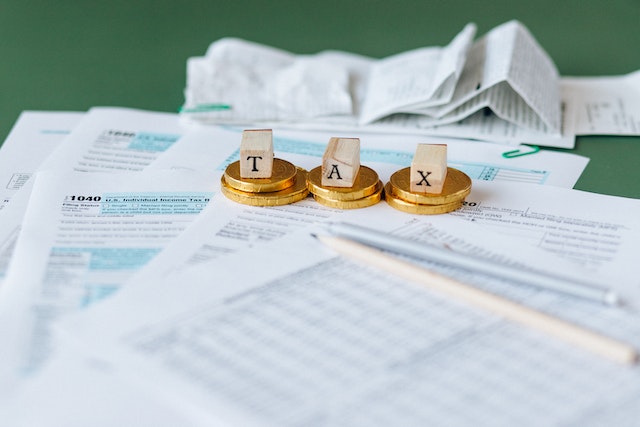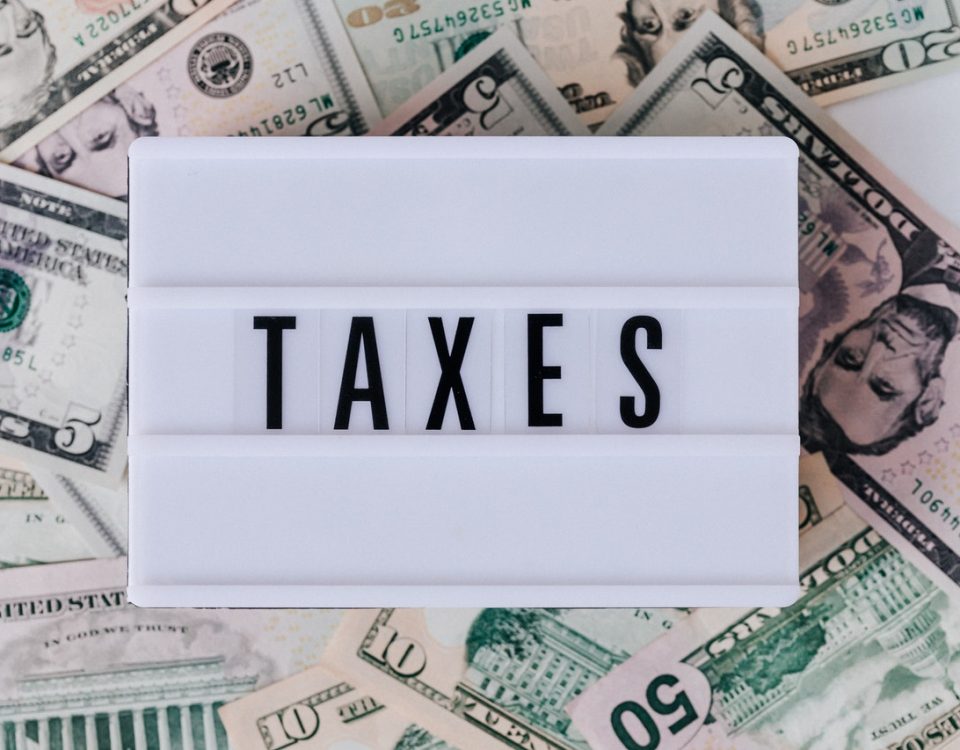Thinking of Moving to a Lower-Tax State? Tax Angles to Consider …
September 10, 2020
New Forgiveness Rules for Past, Current, and New PPP Money
January 14, 2021
Contributed by Regions Bank
Several government agencies have issued a bulletin warning of a new type of COVID-19 scam. Along with the previously reported scams involving personal protective equipment (PPE), COVID-19 testing, and economic stimulus payments, fraudsters are now leveraging the availability of the COVID-19 vaccine. According to the bulletin, victims are being coerced to make an out-of-pocket payment for the vaccine and provide personally identifiable information with a false promise to move their name up on the list of vaccine recipients.
The FBI warns of the following potential indicators of fraudulent activity:
- Advertisements or offers for early access to the vaccine upon payment of a deposit or fee
- Requests asking for out-of-pocket payment to obtain the vaccine or be added to the COVID-19 vaccine waiting list
- Offers to provide additional medical testing or procedures when obtaining the vaccine
- Marketers offering to sell and/or ship doses of a vaccine, domestically or internationally, in exchange for payment of a deposit or fee
- Unsolicited emails, telephone calls, or personal contact from someone claiming to be from a medical office, insurance company, or COVID-19 vaccine center requesting personal and/or medical information to determine eligibility to participate in clinical vaccine trials or obtain the vaccine
- Claims of FDA approval for a vaccine that cannot be verified
- Advertisements for vaccines through social media platforms, email, telephone calls, websites, or unsolicited/unknown sources
- Unsolicited emails, telephone calls, or personal contact from someone claiming to be a government official requiring you to receive a COVID-19 vaccine
Tips to avoid COVID-19 vaccine-related fraud:
- Consult your state’s health department website for up-to-date information about authorized vaccine distribution channels
- Check the FDA’s website (fda.gov) for current information about vaccine emergency use authorizations
- Consult your primary care physician before undergoing any vaccination
- Don’t share your personal or health information with anyone other than known and trusted medical professionals
- Check your medical bills and insurance explanation of benefits (EOBs) for any suspicious claims and promptly report such information to your health insurance provider
- Follow guidance from the CDC and other trusted medical professionals
General techniques for online/cyber fraud prevention:
- Verify the spelling of web addresses, websites, and email addresses that look trustworthy but may be imitations of legitimate websites
- Ensure operating systems and applications are updated to the most current versions
- Update anti-malware and anti-virus software and conduct regular network scans
- Do not enable macros on documents downloaded from an email unless necessary and only after ensuring the file is not malicious
- Do not communicate with or open emails, attachments, or links from unknown individuals
- Never provide personal information of any sort via email. Be aware that many emails requesting your personal information may appear to be legitimate
- Use strong two-factor authentication, using biometrics, hardware tokens, or authentication apps
- Disable or remove unnecessary software applications
If you believe you are a victim of a COVID-19 scam, please call Regions Client Services immediately at 1-800-787-3905, and report it to the FBI at www.ic3.gov; www.tips.fbi.gov; or 1-800-CALL-FBI.
Want more information, or have questions?
For more helpful practices regarding fraud prevention, please visit regions.com/stopfraud and www.regions.com/fraud-prevention.





